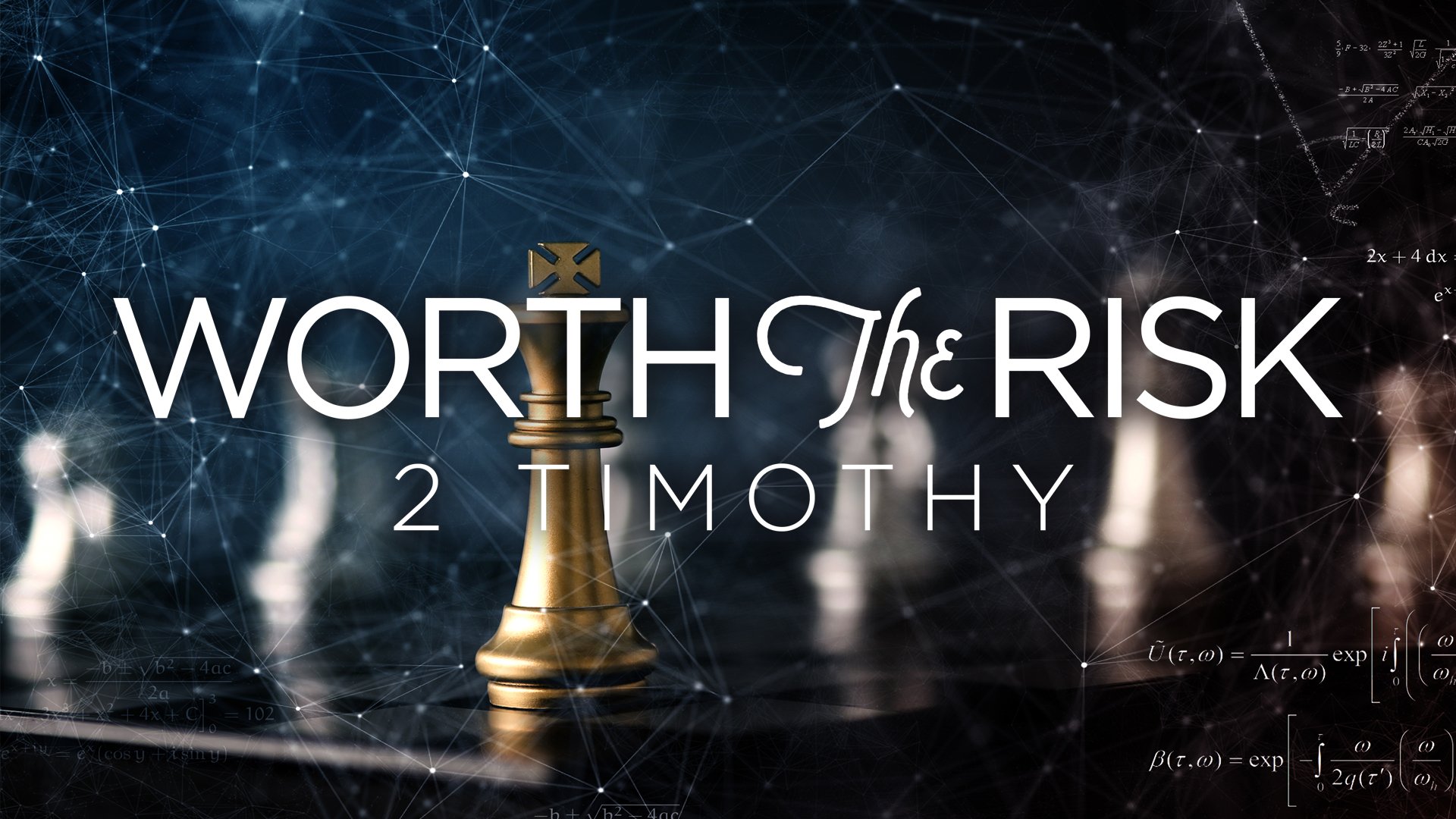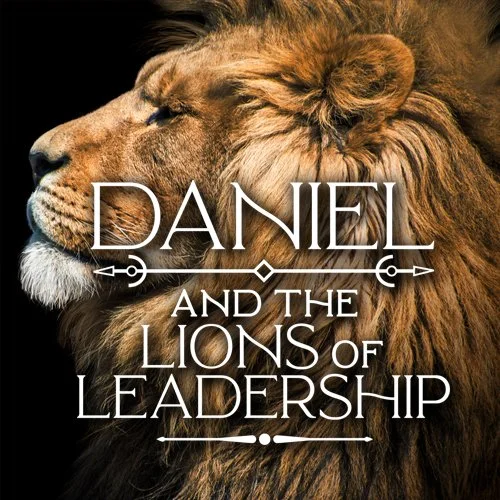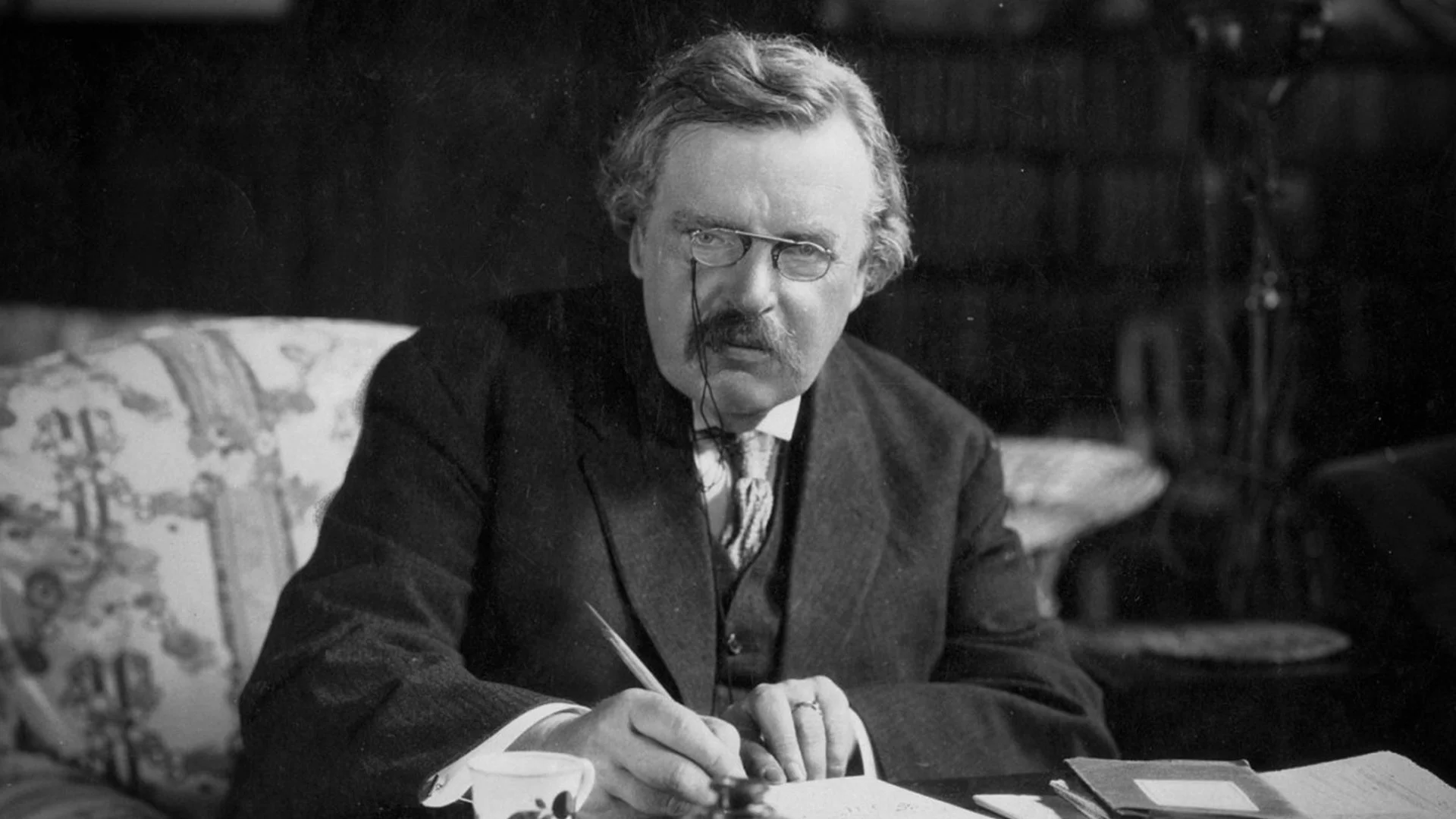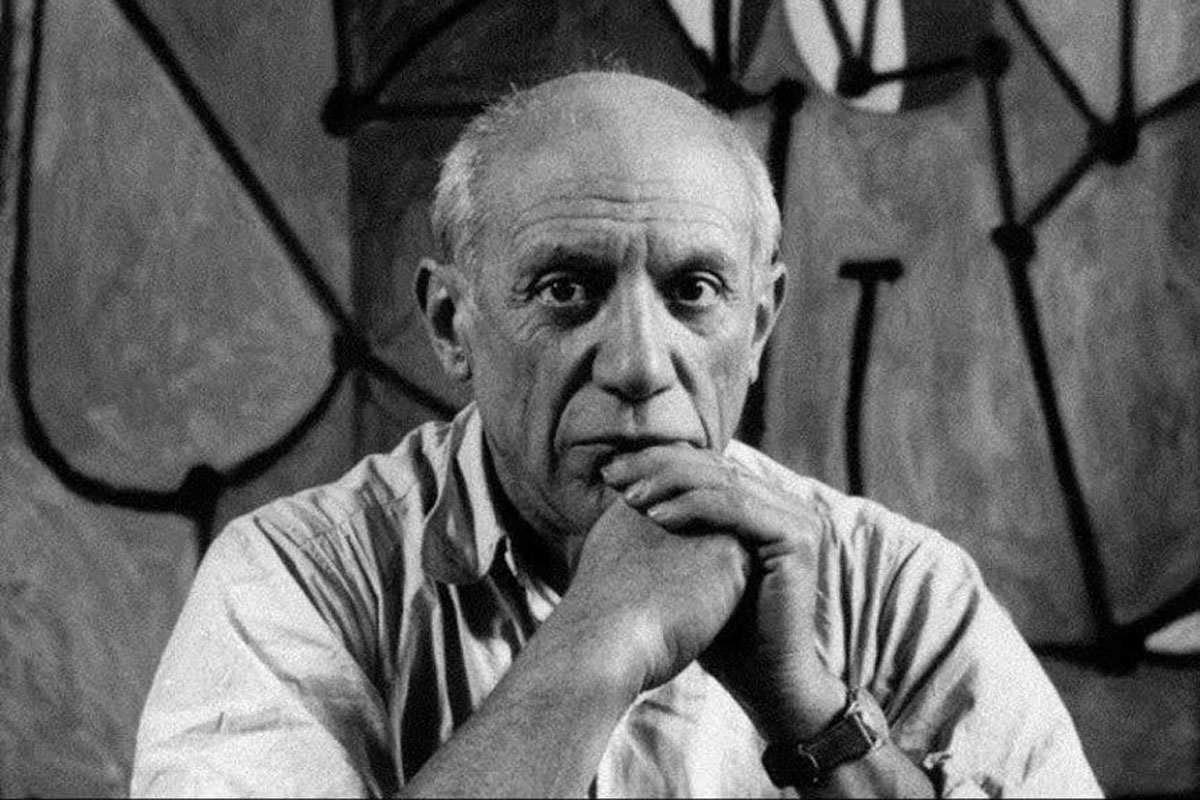
Authenticity is the factor in your character that helps you live as your true self. Authenticity helps you to make good decisions, influence others, maintain consistent values, convey a sense of purpose, and have a strong self-awareness.
Gilbert Keith Chesterton was an English Apologist. His sharp writing style made him a prominent figure in earth twentieth century literature. Among his works were Orthodoxy and The Everlasting Man.
As a business leader you might be looking for an advantage, any “edge” you can use to move your company. Do your religious beliefs and practices affect how you do your job—and might that deeper faith play a role in your business success?
Integrity in a bridge structure is not unlike integrity in a leader. A leader of integrity is known for being honest, for having a strong moral foundation, and conducting himself ethically and in an upstanding manner.
Jesus never came to earth for such a purpose. When we attempt to drop Jesus into our company culture, with its capitalistic purpose and various hierarchies and processes, we are usurping the very Godhood of Christ.
A dented car is much like a dented relationship. Sometimes the interactions with those around us get broken, and are in need of repair.
Jesus and His disciples traveled and ministered together, day and night, for three years. We don’t know of all the meals they had together, the conversations as the walked from town to town, or what Jesus said when they fished, and started campfires, and woke up in the mornings.
Prayer is a tremendous spiritual discipline for leaders. It is a fundamental practice for abiding and growing as a Christian. As a leader, think about how you might pray for those in your sphere of influence.
Some leaders see themselves as a steward of their position. Others want to claim a top position in business. Still others want to accomplish something specific. None of these purposes, however, outlast the leader himself.
In leadership we might go out on a limb, try something new, give an idea a season. But when the result isn’t what we wanted or hoped for, our minds turn to the idea that we “need to get back”. Back the basics. Back to reality. Back to normal.
One of the greatest investments you can make as a leader will not be found in a stock selection, or emerging technologies, or foreign markets. A leader’s most powerful commodity is his relationships with people.
Positive leadership is a product of a leader’s relationships, for it is in knowing, helping and serving people that he can elicit a compelling and uplifting emotional response.
You would be hard-pressed to find anyone at all who has not had some kind of dysfunction in their environment growing up. But the Bible tends to confirm that this is independent of the person he or she will become.
Pablo Ruiz Picasso (1881 –1973) was a Spanish painter, sculptor, printmaker, ceramicist and theatre designer. Picasso demonstrated extraordinary artistic talent throughout his life and is considered the father of modern art.
In 1 Thessalonians 5:11 we are instructed, “Therefore encourage one another and build each other up.”As a faith-centered leader, consider how social media may allow you to be a spiritual influence within your circle of family, friends and coworkers.
The pandemic artificially forced everyone to isolate as much as possible from non-family members. Many went from a situation that was forced to one which was favored. What about post-pandemic?
The selfless, brave, serving, chivalrous and kind men we aspired to be growing up have been largely replaced by a generation more self-involved, fragile and less grounded to an internal moral code. What happened?
An impact statement for life is concerned with defining those values which are most important to you and the wisdom you have gained through your experience.
Thomas Jefferson (1743 – 1826) was an American statesman, diplomat, lawyer, architect, philosopher, and Founding Father who served as the third President of the United States from 1801 to 1809.
You cannot predict how someone will act in a given situation. Sometimes they do what you expect, and sometimes they surprise you, good and bad. As a leader, you have to learn not to take anything personally.
Retirement is something you’ve been thinking about it for years, planning for it, saving for it. There will be a time when you can quit work and enjoy your later life. But the Bible contains a great secret related to retirement that you probably didn’t know.
Where you are in life today is a function of thousands of days, each filled with hundreds of choices. If you think back, there are some decisions you’ve made that, had you made another choice, your circumstances would be quite different today.
Learning to “read the room” is a crucial facet of leadership. To do this well, you need emotional intelligence. Your EQ is a crucial leadership skill you can fully develop.
As a leader, your influence can mean more, though, than product endorsements to an online audience. The Bible endorses faith-centered leaders influencing others toward God and good works, by their speech and through example.
Charles de Gaulle (1890 – 1970) was a French army officer and stateman who led France against Nazi Germany during World War II. After the war he helped to restore order in France, rewriting its constitution. He served as Prime Minister and then as President of France from 1965-1969.
Do you enjoy decorating the outside of your house with lights for the holidays? In my neighborhood are dozens of homes with colorful wreaths and twinkling lights. But there is a strange fad occurring of late: families of lighted deer on front lawns.
Your values characterize who you are individually. They shape how you set goals, make decisions, plan for today and the future, and respond to circumstances.
How does one know “the right thing” to do in any given situation? Is there always at least one “right thing”? And does doing “right” mean we always look for the good of others, or the common good, or in some cases to our own good?
The lighthouse off Brittany, France, stands strong in the storms. In our cultural storm, is standing firm enough to resist the waves of decline?
Margin is not useless time. It can be down time, but it may also be time to think, consider, contemplate, enjoy, enrich, influence, love, care, show compassion.





































Bob Day